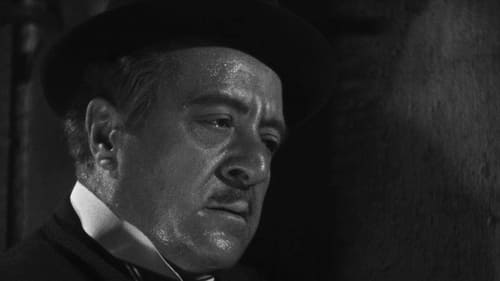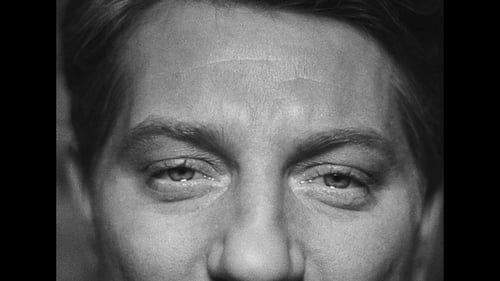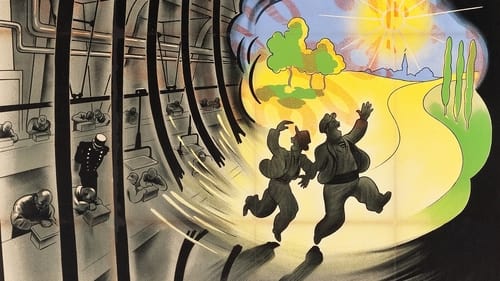
Le photographe
Now that their parents are ruined, Jacques Eyssette and his younger brother Daniel, are driven to fend for themselves. Jacques becomes the secretary of a marquis who exploits him by making him work so hard that his health gets damaged. Daniel, on his part, is hired as a supervisor and Latin teacher in a school in the province. It soon happens that he is in a bad situation too as, after being subjected to repeated harassment, he ends up being fired. Daniel then decides to join Jacques in Paris, hoping to embark on a literary career. Unfortunately, Irma Borel, an actress, sets her sight on him and drags him into a life of vice.

Outwardly, Monsieur Victor would appear to be the model citizen. A respectable Toulon shopkeeper, he has a devoted wife and is courteous and considerate to all who know him. However, beneath this veneer of respectability hides a notorious receiver of stolen goods, who trades with hardened criminals. Victor manages to keep up his double life without any difficulty until the fateful day when one of his partners in crime threatens to expose him. Fearing a scandal, Victor kills the crook in a moment of panic, using a shoemaker's tool. Naturally, the murder is blamed on a local shoemaker, who is sentenced to ten years' hard labour. Seven years later, the former shoemaker reappears in Toulon, having escaped from prison. The first person to recognise him is Monsieur Victor...

Hercule, a young peasant, inherits a Parisian newspaper with a large circulation. The editor-in-chief, Vasco, takes advantage of his ignorance to make corruption prevail. But Hercules gradually realizes the role that we make him play.

Le photographe
Five unemployed workers win 100,000 Francs in the national lottery. Instead of sharing the money, they buy a ruin and build an open-air cafe. But difficulties come to split their friendly group apart.

Secret de Polichinelle roughly translates as Open Secret. The "secret" in question is an illegitimate child, the offspring of young-and-foolish Henri (Bernard Lacret). The baby is adopted by its grandparents, Monsieur and Madame Jouvenol (Raimu and Francoise Rosay). At first taking charge of the child because it is their duty, the Jouvenols come to love the little nipper as if he were their own son. At this point, the film threatens to drown in a morass of sentiment, but the actors and the director manage to stem the bathos with some first-rate comedy vignettes revolving around the care and feeding of the bouncing baby boy.

Crainquebille, merchant of four seasons, is sentenced to fifteen days in prison for having insulted a police officer. When he leaves, his clientele moves away from him and Crainquebille thinks of suicide, when the affection of a kid from Montmartre makes him change his mind.

Père Varenne

Un Buste
A French musical comedy film, one of the many operetta films made in the 1930s. Rejected for the law after cheating with his fellow students, a frivolous youth gets a job as a notary in the provinces where he hires his girlfriend and they have a fine musical time.

Le vieil orateur
In this classic French satire, Louis, a convict, escapes from prison and takes on legitimate work, making his way up in the business world. Eventually becoming the head of a successful factory, Louis opts to modernize his company with mechanical innovations. But when his friend Émile finally leaves jail years later and reunites with Louis, the past catches up with them. The two, worried about being apprehended by police, long to flee the confines of industry.







